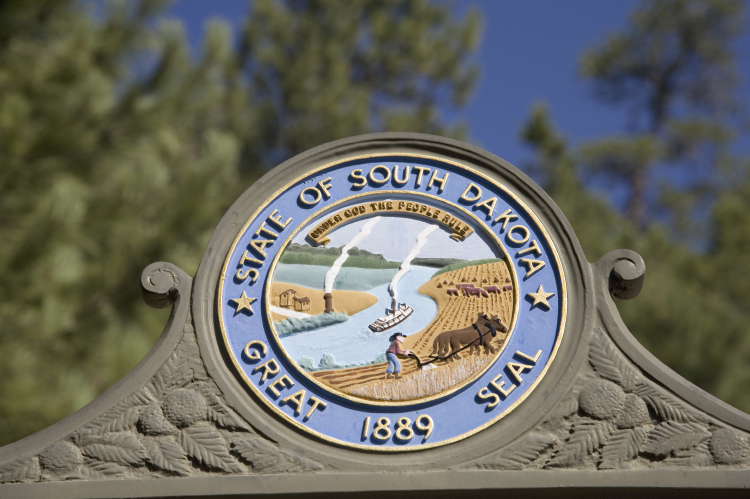South Dakota Lawmakers Push for Black Hills Pipeline Study

A group of South Dakota lawmakers has introduced legislation aimed at advancing a proposed pipeline project to bring water from the Missouri River to the Black Hills region.
Sen. John Thune (R-S.D.) and Rep. Dusty Johnson (R-S.D.), along with Sen. Mike Rounds (R-S.D.), unveiled draft legislation in both the House of Congress and Senate on September 25 that would authorize $10 million in federal funding for a feasibility study of the Western Dakota Regional Water System.
The non-profit organization behind the project, based in Rapid City, has been advocating for the pipeline since a 2019 study by South Dakota Mines indicated a potential water shortage in the area during extended droughts.
"This legislation would advance the project by authorizing a Bureau of Reclamation study to determine its feasibility," Thune said in a joint news release.
The pipeline could benefit multiple communities in western South Dakota, including Rapid City and other areas facing growing water demands.
The proposed project would join several existing pipelines that already transport water from the Missouri River to various parts of the state. Based on the news release, the federal feasibility study would assess the pipeline's economic and environmental impacts and help guide future funding decisions.
"The feasibility study is the first step in a two-step process to get congressional approval for a project like this," said Cheryl Chapman, executive director of the Western Dakota Regional Water System.
According to reports, the study is estimated to cost $2 billion, and federal funding is considered vital to the project's success
If approved, the Bureau of Reclamation would conduct the study, which is expected to provide valuable insights into the project's viability and potential benefits.
